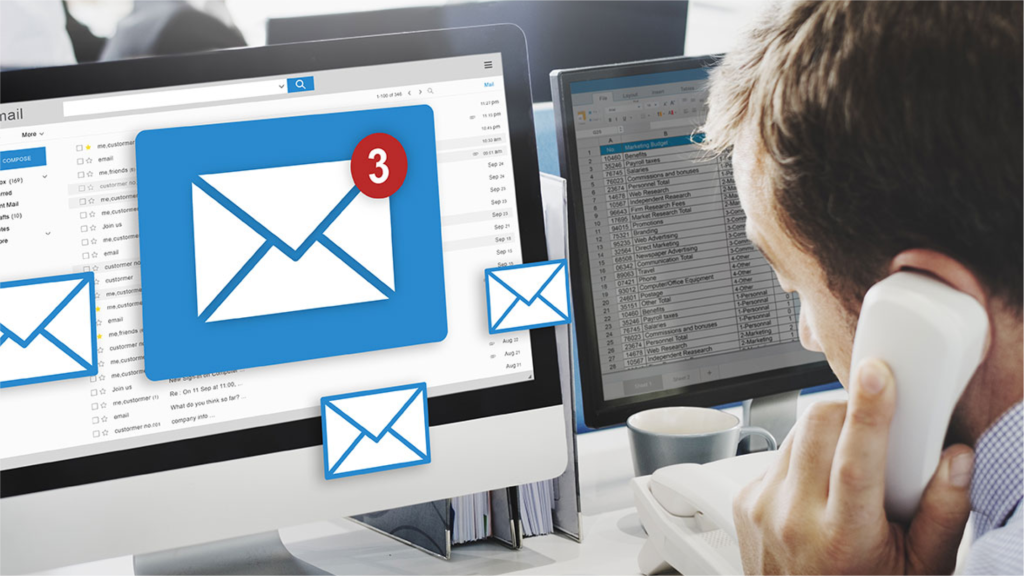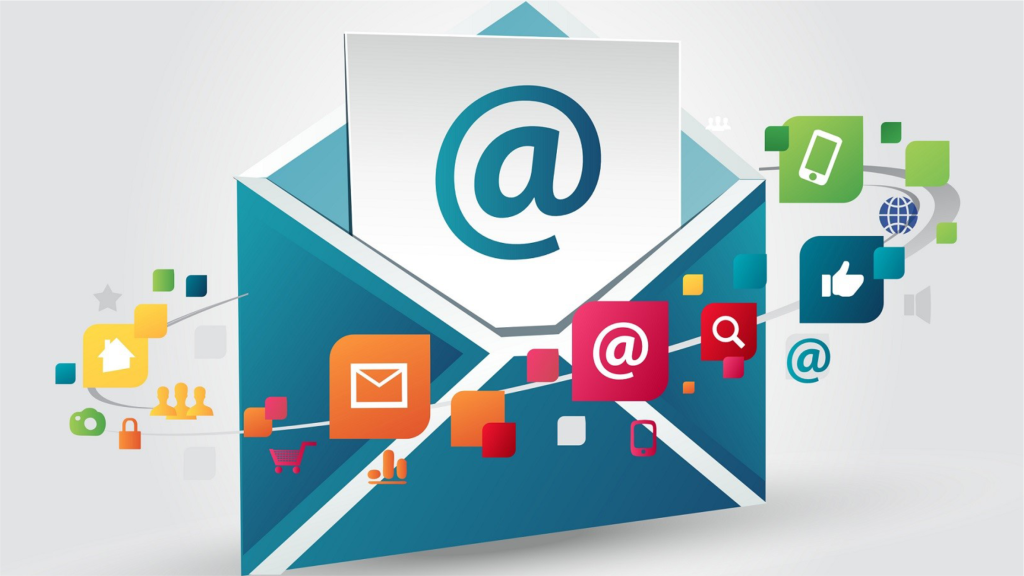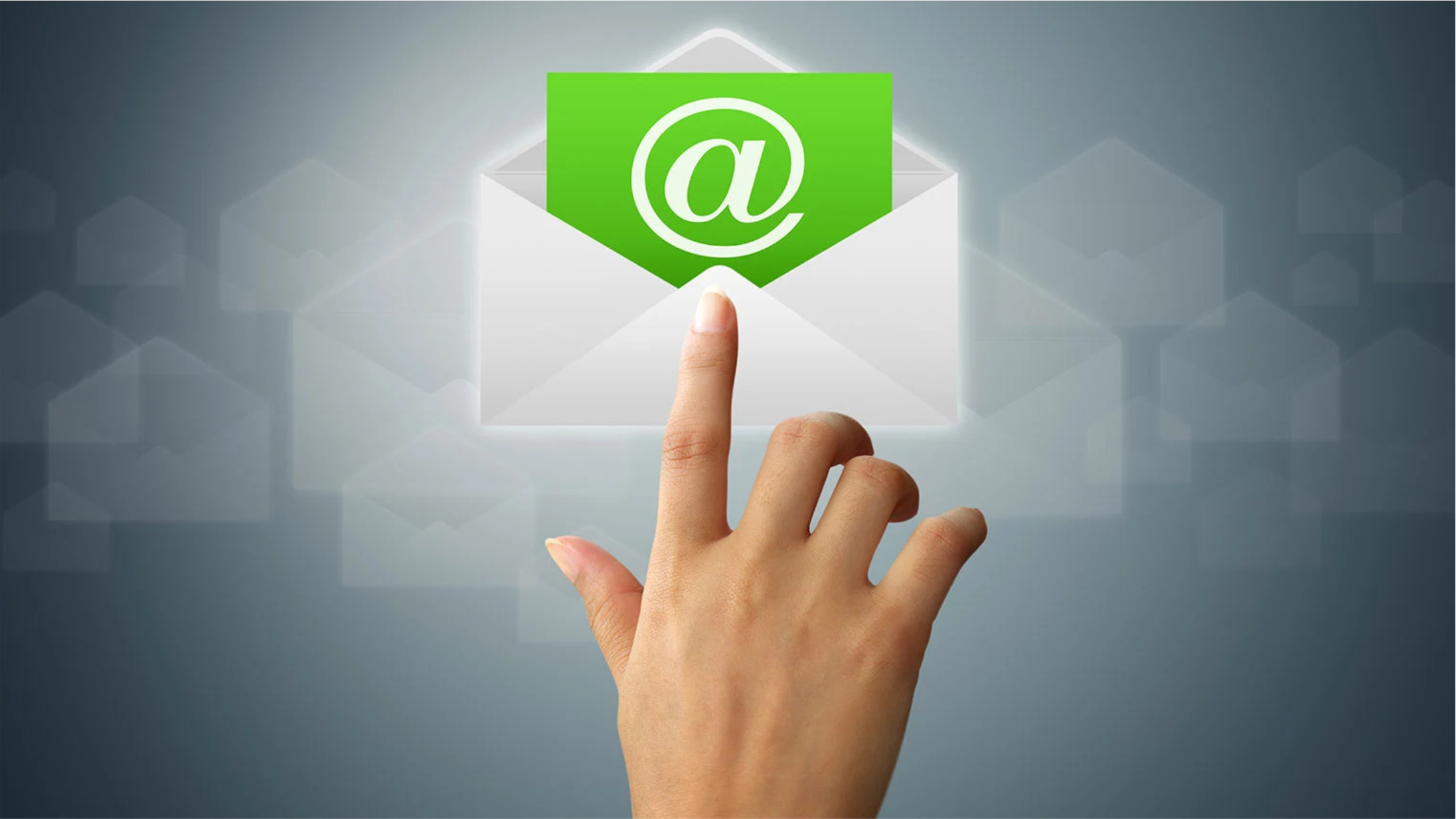Table of Contents
Professional Emails: Why Your Business Needs One Immediately
Introduction
In most cases, the primary goal of having an online presence is to make sales. Sales boost profit and business growth. The preceding sentences remind me of a Youtuber I admire who believes and says that “Everybody sells,” – which proves true when judged in the light of every commercial activity. So how do professional emails come into this discussion?
Business communication is a commercial activity. All business communication should directly or indirectly tend to profit, and profit comes from conversion – sales. However, business communication done with generic emails are likely to be unprofitable, hence the need for professional emails.
So if you are intent on initiating or maintaining profitable communication for your business, read on to fully understand how a professional email can be helpful.
What Is A Professional Email?
A professional email address is a business email not created with a regular email client (like Yahoo & Gmail) but based on your business name. When we say it’s based on your business name, we mean your domain name or your website’s name. That is, assuming your website and business go by the same name.
The term ‘business name’ is used in the description because, in most cases, a business’ website bears the same name as the business. In simple terms, a professional email is an email address that has the name of your company after the ‘@’ sign.
Professional emails are used for corporate correspondence between companies (B2B) or a company and customers (B2C). Corporate communication is important for every business, hence the importance of these business emails. We’ll learn more in the coming sections.

Examples Of Professional Email Addresses
Professional email addresses have the same format as generic ones. Generic emails normally look something like this: myname@gmail.com, myname@yahoo.com, myname@outlook.com.
Business or professional email addresses look the same as generic email addresses. The format is usually as follows.
…sender + @ + businessname.com
That is, sender@business.name.com. For example, the professional email address of the Forbes human resources department is PR@forbes.com. While that of the CNN Philippines recruitment unit is recruitment@cnnphilippines.com.
These are good examples of professional emails. It’s simply you@yourbusinessname.com.
Who Needs A Professional Email?
Professional emails are used by anyone involved in any communication with a commercial value or a corporate standpoint. Businesses or corporations consistently exchanging large volumes of formal messages also need executive emails.
Firms need professional emails for internal staff communication and external business communication. Solopreneurs like eCommerce owners need pro emails to engage with clients and other business partners.
Freelancers and agencies are another group of business people that can add elite dimensions to their business communication with professional emails. Basically, you need a business email if you are any of the following:
- A business (online or offline)
- A businessperson
- A freelancer
- An agency
- A corporation
- A staff of a corporation
Why Your Business Needs A Professional Email
Every business owner or manager is essentially always on the lookout for ways to improve business operations and increase profit, and I’m sure you are not different. Acquiring and using a professional email is a positive step for your business, and we’ll see the reason as we study the benefits of a business email in this section.
Benefits of a professional business email
We will dive right into the benefits of professional emails. But before we do that, let’s take a moment to consider some important reasons why you must avoid using consumer personal email services for business.
Consumer personal email accounts are risky because of a lack of dedicated support. The email service providers channel most of their customer service resources to serving paid clients, and so less is available for free users. The lack of support can be frustrating if you ever have a critical issue with your email account.
Having said that, let’s move ahead to see why you should use a professional email for your business.
Credibility/professional
The first and obvious reason you want to use a professional email for your business is credibility. What does it mean to be credible? In business, credibility means that you can be trusted to deliver on your claims.
When you transact with a professional email, you portray competence to your business partners and participants. They see that you’ve made an effort to do what needs to be done for your business, so they can believe you will do what’s necessary for them.
Security
Security is a primary consideration for businesses, whether online or offline. A single case of insecurity can lead to capital loss. Therefore, you must plug all leaks in your business, even in communication.
Generic emails can pose security risks in two major ways. Let’s see them.
- Spam
Most spam filters view or register emails containing commercial content but coming from generic accounts as spam. The filters do this because most spammers work with free email accounts. However professional emails are exempted from such screening as they are considered genuine.
In light of this, you will want to use professional emails for all your corporate communication to avoid having your nicely worked messages diverted to the spam folder.
- Spoofing
Spoofing is when a scammer sends an email that appears familiar to the receiver. The email appears to be from a sender with whom the receiver had prior communication. So, the receiver tends to be unsuspicious of the message and prone to the trick.
Spoofing is difficult to achieve with professional emails.
Corporate branding
A brand is your customers’ opinion of you that benefits your business. It’s the overall sentiment of your audience as a result of interaction with your business. It is the reputation you have with your users.
Your business’ reputation is usually a result of the actions you take as a business. Your customers are more likely to associate your business with professionalism when you use a business email than when you don’t. When you use a professional email account, you are viewed as reputable, and the more reputable you are, the more business offers you’ll attract.
Organization
Having separate accounts for your business and other personal, informal communication will help you organize your messaging. That way, you can easily locate a particular email for reference.
A professional email also allows you to create a separate calendar schedule for official activities, thereby preventing domestic interruptions. This is especially applicable if you work remotely. Also, note that your email address appears to your receiver when you send meeting invites through your calendar.
Privacy
One less popular reason you should use a professional email for business is privacy. Most generic email accounts have confidentiality limitations. The email service providers make you agree to partial confidentiality before you can sign up for the account.
Now, we all know that most business communication should stay completely confidential. If you intend to take your business in terms of corporate growth, then you must prioritize confidentiality at the beginning. This means that you must start with a professional email.
Marketing (Website traffic)
Professional emails provide additional visibility to your website. Your domain is seen each time your email is received, and this, in addition to other factors, is good for marketing. Isn’t it amazing to know that just using a professional email is a marketing move? I think it is.
You should also bear in mind that when you use a generic email, you are doing the same marketing for another company. Funny, right?
With all we just learned, I think you can agree with me that you should get a professional email for your business immediately if you aren’t already using one. Acquiring one is important, but the level of urgency depends on you.
But then, whatever your decision, there’s the question of how to acquire a professional email. This is what we discuss in the following section.
How to Get a Professional Email

So we’ve established professional emails as essential communication tools in both personal and business settings. The importance of professional emails cannot be overstated, as they reflect your competence, credibility, and purpose. We’ve also alluded that regardless of your industry, acquiring a professional email is crucial for establishing a strong reputation.
Let’s now see the steps you can take to get your professional email address.
The process for obtaining a pro email usually includes these steps:
You choose a reputable email provider: An email provider is a company that enables you to host an email account on their servers. You should opt for reputable providers that offer reliable services and advanced security features. Some well-known business email providers you can choose from include:
Yes, Google does offer a professional email account, in case you are wondering why Google is on the list. Most generic personal email account providers you know and use have paid services too. But as we mentioned earlier, be sure to use a reputable service.
Select a professional username: Your username is the string of letters found before the ‘@’ sign in your email address. Your email address should ideally include your first and last name or a combination of your initials and surname. Avoid using unprofessional or ambiguous usernames. Choosing a username is an essential step in creating a professional email address.
We, therefore, recommend any of the following structures as you make a decision:
firstname@domainname.com
Example: progress@damanager.comfistname_secondname@domainname.com
Example: progress_isah@damanager.com
firstname.secondname@domain.com
Example: progress.isah@damanager.comYou can also add initials to the username you decide to use. Just maintain the professionalism that follows your brand.
Customize your email signature: Craft a polished email signature that includes your full name, professional title, contact information, and any relevant social media profiles. This adds a touch of professionalism to your messages.
Consider a custom domain: If you want to elevate your professional image further, invest in a custom domain for your email address. This demonstrates that you are committed to your brand.
Maintain a consistent tone and format: When writing professional emails, use a polite and formal tone. Pay attention to grammar, spelling, and punctuation. The structure and organization of the content are also vital. We’ll learn more about this in the next section.
You can take the above steps to acquire a professional email that presents you as a competent and reliable individual. Remember, your email communication reflects your professionalism, so it’s essential to invest time and effort into crafting a polished and professional image.
How to Write Effective Business Emails
Optimize your subject line
When composing a professional email, the subject line should aim to grab attention. In marketing emails, a well-crafted subject line can be the difference between your message being opened or deleted. Keep the subject line concise and relevant to the email’s content.
Clearly state the purpose or topic of your email in the subject line. Don’t try to be smart, not with the subject line. Opt for a clear and informative subject line that enables the recipient to efficiently read and respond to your email.
Address the recipient appropriately
To establish a professional tone in your email, it is important to address the recipient adequately. Begin your email with “Dear,” followed by the recipient’s first or last name. Remember to include any professional title popularly used in addressing them.
Alternatively, if you already have a relationship with the recipient, such as a colleague or manager, you can begin the email with a friendly greeting like “Hello” or “Hi,” followed by their name.
Maintain focus
Each professional email should revolve around a single topic. Whether it’s a question, request, answer, or explanation, ensure that the body of your email remains focused on this topic. While it’s essential to keep your email concise, be sure to include all the necessary information. Remember, being concise means providing the required information without unnecessary elaboration.
Add a signature
After writing the closing line of your email, which should include a call to action or an actionable step, include your signature. A professional signature should contain all the information the recipient might need to communicate with you effectively. Include your title, phone number (with extension), and email address. While recipients can easily hit “reply” to respond, including your email address makes it easier for them to reach you, whatever the circumstance.
Proofread diligently
Before sending your email, take the time to proofread it thoroughly. Conduct a quick read-through to identify and correct typos, spelling, or grammatical errors. Don’t allow your professionalism to get undermined due to writing mistakes.
Maintain a formal tone
In most cases, it is advisable to avoid using emojis or adopting a casual tone. A professional email should sound formal and respectful. Steer clear of slang, colloquialisms, and anything that resembles casual text messaging. Also, you want to refrain from cliché phrases like “just circling back” when following up on previous discussions.
Be mindful of words
Remember that any recipient can forward, download, print, or screenshot your email. As such, it is crucial to exercise caution with your choice of words. Treat every email as a written record of a conversation. If there is something you would prefer not to have in written form, it is best to avoid mentioning it in an email.
Provide clear instructions
Never assume that the recipient knows the location of a specific file or the sources you used to support your position in a recent essay. Clearly explain everything you mention in your email and include relevant links when applicable. By doing so, you enable the recipient to easily understand your message and access any necessary resources.
These guidelines will help you write professional emails that effectively convey your message while maintaining a respectful and polished tone.
Conclusion.
A professional email is now as important as a business card or landline telephone used to be to businesses. Acquiring and using a professional email is an important business move for any company, as we’ve seen in this article. With a professional email, you can market your business effortlessly while maintaining a polished image.
You will do well to adopt professional communication through business email. So, don’t wait any longer—make the switch to a professional email today if you haven’t already. Boost your business’s reputation and seize the countless opportunities that come with it. Stay ahead of the game and leave a lasting impression with every email you send.
FAQ
-
Can I own a professional email without a website?
Yes. An email hosting service can provide a professional email account hosted directly on their server without you having to own a website.
-
Can I have more than one professional email account?
Of course. You can have a professional email account for each of your separate businesses
This article was originally published in 6 July 2023. It was most recently updated in July 18, 2024 by Isah Progress























